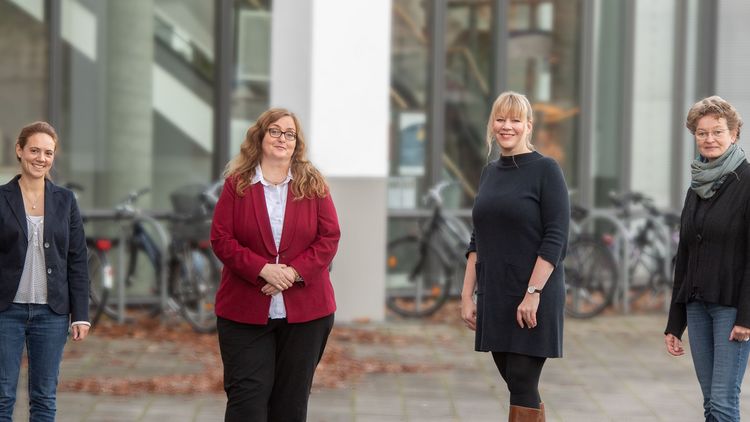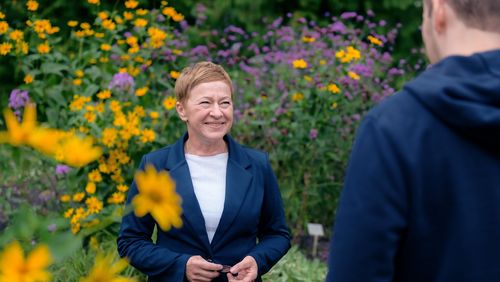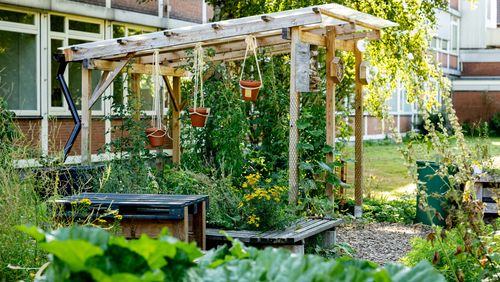Giving young researchers the tools they need to gain a foothold in their careers – that has been the mission of the university’s Graduate Academy since 2011.
"In the ten years of its existence, the Graduate Academy has acted as a real career driver for numerous of our young researchers," emphasizes Prof. Dr Annett Thiele, Director of the Graduate Academy and Vice President for Early Career Researchers and Equal Opportunities. The qualification institution of the University offers a broad workshop programme for all young researchers: doctoral students, postdocs, junior research group leaders and junior professors.
Close cooperation with 3GO and OLTECH
The Graduate Academy works closely with the two Graduate Schools for Social Sciences and Humanities (3GO) and for Sciences, Medicine and Technology (OLTECH). While the young scientists receive subject-related qualification offers in the graduate schools, they can acquire interdisciplinary competences at the Graduate Academy and thus develop their personal profile. The workshops offered cover topics such as career planning, leadership skills, conflict management and science communication.
The Graduate Academy continually adapts its programme to the changing needs of young scientists. "For example, mental health has recently become an important topic in our programme – which includes the workshop 'Mental Health of Doctoral Candidates,'" Thiele says. The fact that this course, like many others, is held in English is also a development of recent years.
Contribution to equal opportunities in science
The academy also wants to make a targeted contribution to equal opportunities in science: for example, by offering special programmes for women, specifically including those who are the first in their family to embark on an academic career. One of them is Yvonne Schadewell, a doctoral student at the Institute of Biology and Environmental Sciences and chair of the doctoral students' representative committee. "I am the first in my family to have ever studied. There's just a lot of background knowledge missing, which the Graduate Academy has been wonderful at filling," she says.
Navya Prakash earned her bachelor's and master's degrees in India. Currently, the computer scientist is working on her doctoral thesis in Oldenburg and also takes advantage of the Graduate Academy's offerings. "Most of the workshops are in English. So foreign participants can also join in," she says.
Prof. Dr Jannika Mattes has benefited most from the postdoc coaching. "On the one hand, I had a lot of input there in terms of appearance and career orientation, and on the other hand, a really great group of people has formed that still accompanies me at more or less regular intervals," says the social scientist, who has held the professorship for Organisation and Innovation at the Oldenburg Institute for Social Sciences since 2019.




